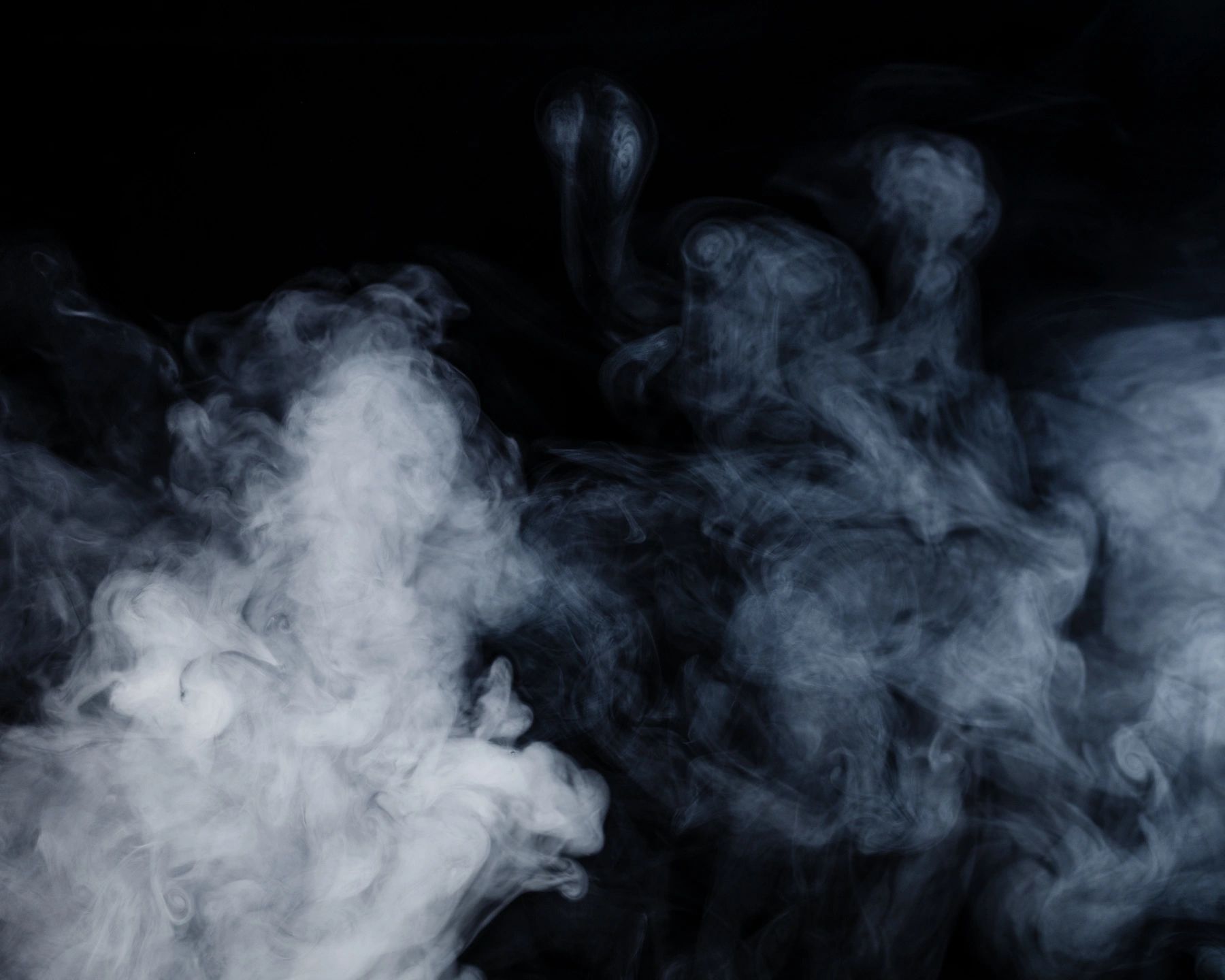This week’s Parsha begins Zois Chukas HaTorah – This is the statute, the law of the Torah. This pasuk is referring to the peculiar and strange law of the Parah Adumah – the red heifer. When a person was impure, the Kohen would sprinkle ashes of the Parah Adumah upon him, which would then purify him. There are two questions here: The law is, that when the pure Kohen sprinkles the ashes on the impure person, the impure person becomes pure, but the Kohen servicing the impure person becomes impure. What’s this all about? How does this make sense? That’s the first question. The second question is why does the pasuk say Zos Chukas HaTorah – this is the law of the Torah? It’s the law of the Parah Adumah. The pasuk should say Zos Chukas Parah Adumah – this is the law of the Parah Adumah!
I would like to share with you an astounding answer that I heard from my father, Rav Yitzchok Fingerer shlita – an answer that answers both questions: The reason why the pasuk says Zos Chukas HaTorah is because this is not a law that is confined strictly to purity and impurity. This is a law of what it means to be a Jew. Part of being Jewish means that sometimes you have to sacrifice for other people, even if it means at the expense of your own purity to make someone else pure. If someone’s impure and in need, you may have to give up your time and your assets, you may have to give up something of yourself to help that person. That’s what we can learn from the impure person and the pure kohen. The Kohen is giving up from himself to the impure person at his expense. This is what it means to be a Torah Jew. Isn’t that incredible?
On Yom Kippur, over 60 years ago, in Eretz Yisroel, a man was walking to shul when he saw something that perturbed him. He saw something that really bothered him. Not far away, a block away from the shul, he saw an old Jewish man who was sitting blatantly in full public view, smoking a cigarette. He went over to the man. He took his hand and he said, “Today is the holy day of Yom Kippur! My beloved brother, do you know that you’re smoking on Yom Kippur?” The man who was smoking turned to this man and he said, “I was in the concentration camps in World War II. I had an only son – the most beautiful boy. He had a beautiful voice. I never saw him again. You expect me – after all I went through to observe Yom Kippur?”
The man turned to the survivor, and said, “Yom Kippur is a day of forgiveness. Perhaps you could forgive Hashem a little and come with me to the shul. They are about to say Yizkor – the memorial prayer for those we lost. Come say a prayer for your son.” The old man agreed. He walked with the man to the shul. They enter and the chazan (cantor) was singing beautifully. The Holocaust survivor who was smoking, walks up to give his son’s name for Yizkor. He approached the chazan, and with tears in his eyes gave his son’s name – Nosson ben Tzvi. The chazan looks a little surprised and says, “Nosson ben Tzvi? He repeats it again – Nosson ben Zvi?? That’s my name!” The chazan and survivor both looked puzzled. They looked at each other closely. The chazzan looks at the survivor – the old man who was smoking and he says, Papa?! The old man in reply says, Nosson?! You won’t believe it. Father and son were reunited!
They each thought they were the sole survivor of their family. They were reunited because someone saw the man with the cigarette and cared. He could have said to himself, today is Yom Kippur, why should I bother myself talking to this rebel? No. That’s not what we’re here for. We’re here to make the impure pure. Even if it means a little suffering for us. That’s the lesson of the Para Adumah. The Torah wants us to give – to give up from ourselves and give to someone else. That’s what it means to be a Jew.








